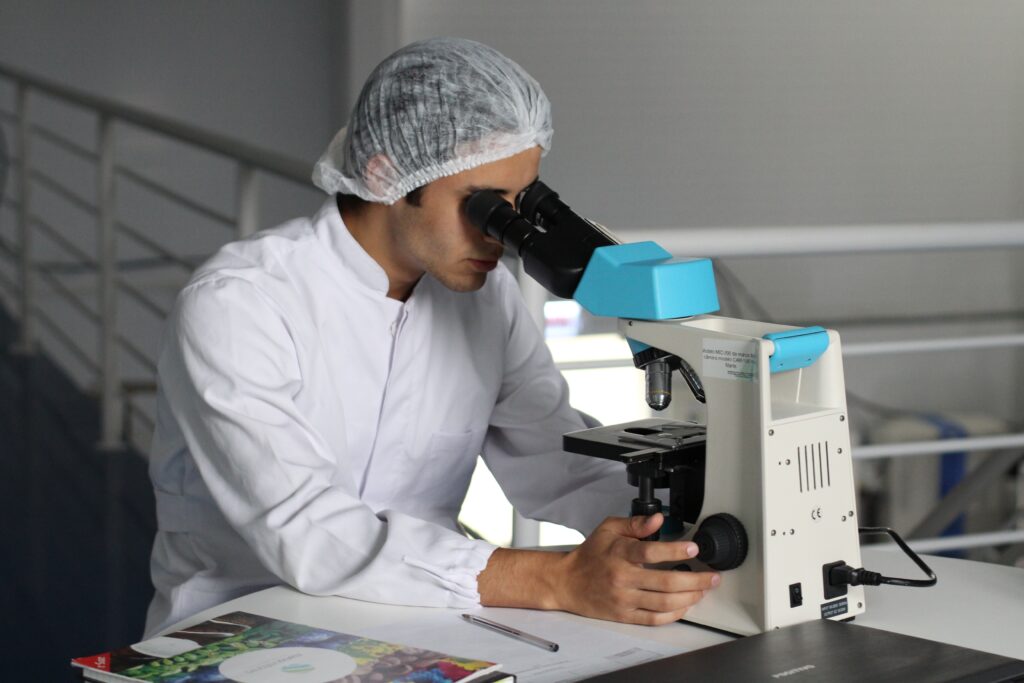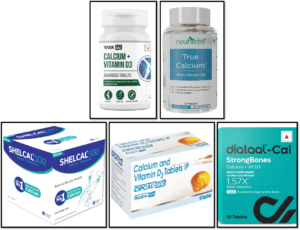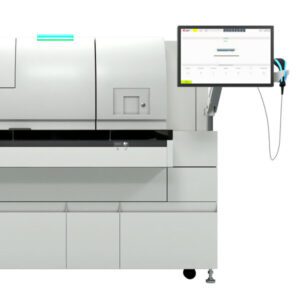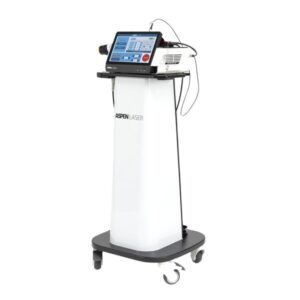
A pilot study at Be Well Hospital in Chennai, India, has unearthed the remarkable potential of Nichi-BRITE Beta glucans in revolutionizing Parkinson’s disease treatment. These unique food supplements, derived from the AFO-202 strain of Aureobasidium Pullulans, demonstrated significant improvements in patients’ Unified Parkinson’s Disease Rating Scale (UPDRS) and constipation scores after a 90-day trial.
Parkinson’s disease, a harrowing neurological disorder, plagues millions of lives globally. Innovative research is increasingly unveiling the crucial link between gut health and neurological afflictions like Parkinson’s. Nichi-BRITE Beta glucans possess the ability to rein in harmful gut bacteria while nurturing the growth of beneficial microbiota.
Dr. Dedeepiya, a co-author of the study, expressed enthusiasm for Nichi-BRITE’s potential as a supplementary therapy for synucleinopathies, including Parkinson’s disease and multiple system atrophy. Dr. Nithyanandam, the study’s neurologist, accentuated the need for more in-depth investigations to fully explore Nichi-BRITE’s capabilities.
During a World Parkinson’s Day webinar, Prof. Muralidhar Hegde from Houston Methodist Research, USA, delved into the importance of alpha-synuclein abnormalities in neurodegenerative disease development. Dr. Rukmini Mridula from Hyderabad spotlighted the escalating cases of young-onset Parkinson’s disease in India.
With the encouraging outcomes from this pilot study, Nichi-BRITE Beta glucans may soon emerge as an indispensable ally in the battle against Parkinson’s disease, igniting hope for millions of patients worldwide.








